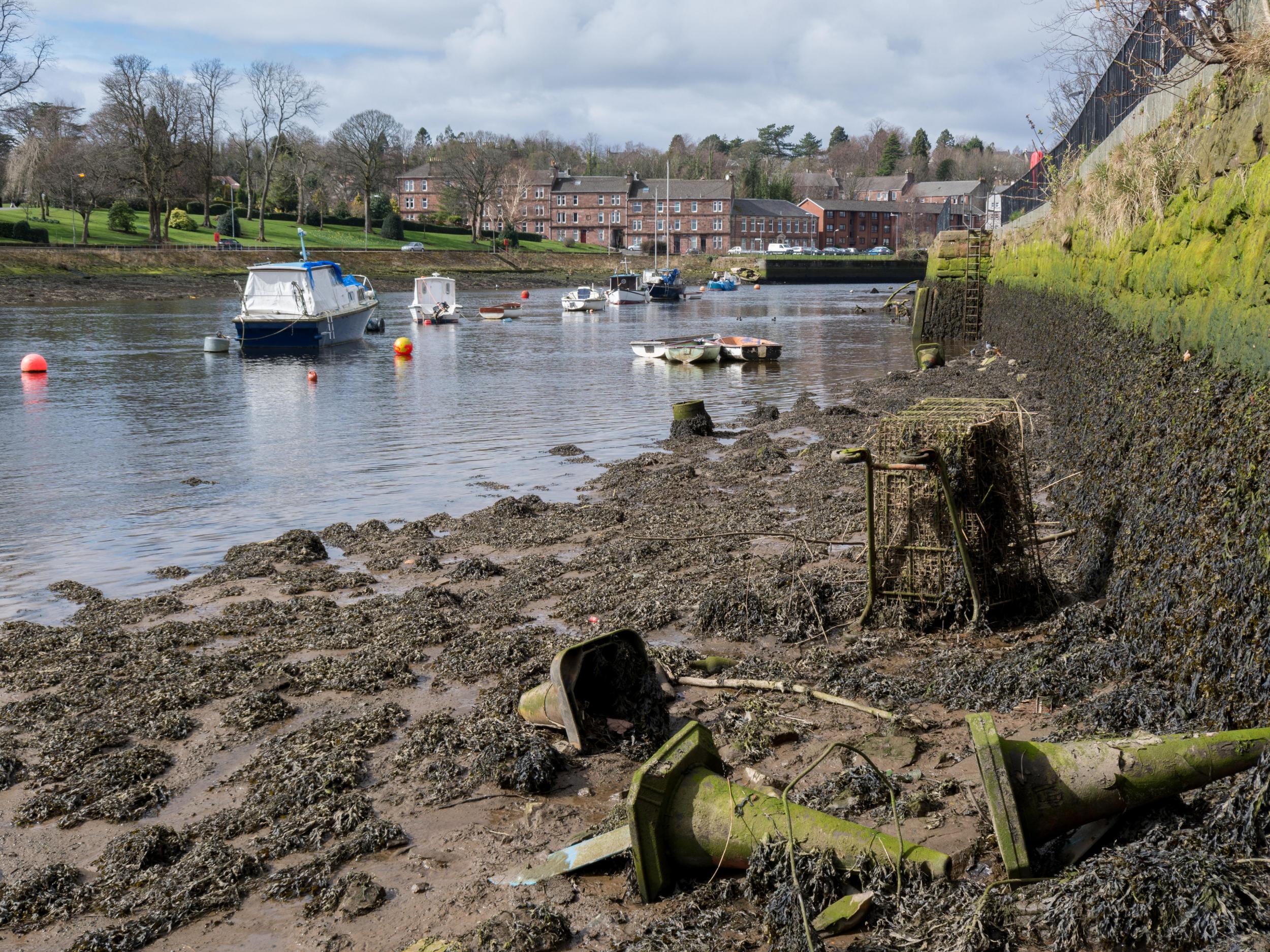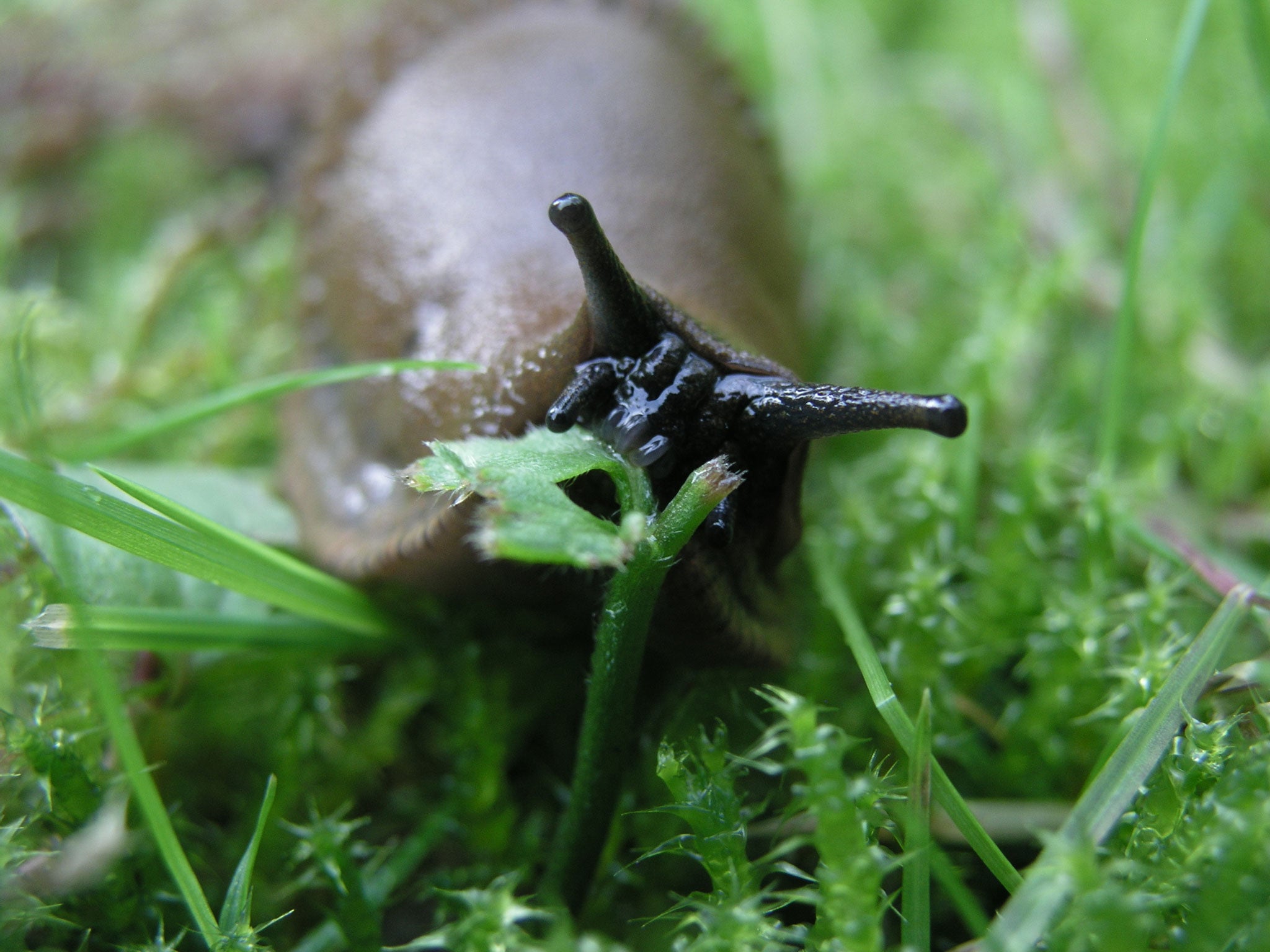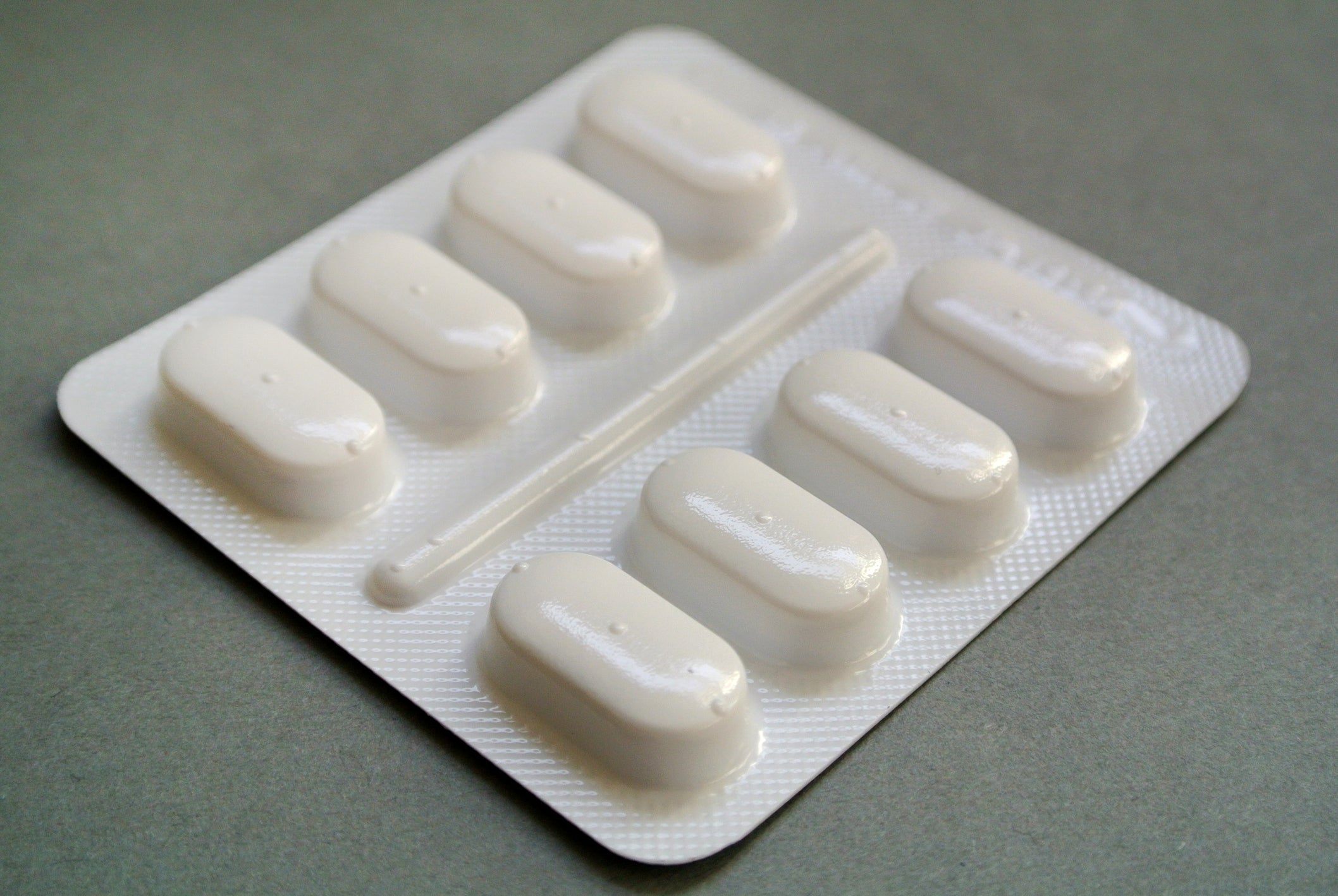Help reduce pollution in your local river with these easy steps
Pollution is not just a problem in the sea, it’s affecting local waterways too. The biggest offenders are some of the most common households products

Your support helps us to tell the story
From reproductive rights to climate change to Big Tech, The Independent is on the ground when the story is developing. Whether it's investigating the financials of Elon Musk's pro-Trump PAC or producing our latest documentary, 'The A Word', which shines a light on the American women fighting for reproductive rights, we know how important it is to parse out the facts from the messaging.
At such a critical moment in US history, we need reporters on the ground. Your donation allows us to keep sending journalists to speak to both sides of the story.
The Independent is trusted by Americans across the entire political spectrum. And unlike many other quality news outlets, we choose not to lock Americans out of our reporting and analysis with paywalls. We believe quality journalism should be available to everyone, paid for by those who can afford it.
Your support makes all the difference.Plastic pollution in the oceans has got a lot of attention lately, seemingly triggered by the BBC’s Blue Planet II and its haunting image of a pilot whale grieving her dead calf. But water pollution isn’t just a problem in the sea – local waters are suffering too, often from pollutants found in common household products.
Even in very low amounts, some medications, hygiene products and pesticides may cause aquatic organisms to change their behaviour or find their homes are no longer habitable. The issue has been on the authorities’ radar for some time, not least the European Union, which introduced the first watchlist of emerging pollutants in 2013.
But you can help too, with a few simple changes to your everyday habits.
1. Check for antibacterial products
Everyday tasks such as washing your hands or brushing your teeth could mean you are unwittingly polluting a river. Hand gel or toothpaste may contain antibacterial agents such as triclosan, which mimics the hormone estrogen in animals and can inhibit their reproductive systems and ability to swim.
Once in the water, triclosan sticks to the soil on the riverbed where it will be consumed by all the tiny creatures that call the river home.
It then accumulates as it is passed on through the food chain, meaning larger predators are worst affected.

Due to these concerns, some companies have began removing triclosan from their products, but in the meantime you can get ahead of the game and choose not to use products that contain it.
2. Ditch the slug pellets
Metaldehyde is the active ingredient found in many slug pellets. It is of course toxic – that’s why it’s used to kill slugs. But the pellets are washed into drains and ditches, and from there they wind their way into river systems, affecting animals much larger than slugs or snails. And just like triclosan, metaldehyde is passed on up the food chain to predators like hedgehogs or birds.

Metaldehyde is a particular problem when it gets into waterways. In your garden it usually breaks down within a few days. But when it enters the water system, the chemical is much more stable, which slows down the degradation, allowing it to hang around in the environment, where it can then be consumed by aquatic life.
Alternatives to metaldehyde include copper strips, said to deter slugs, or parasitic nematode worms, which naturally kill slugs and snails. Or you could simply encourage predators such as hedgehogs and frogs into your garden.
3. Do less laundry

Microplastics are small fragments of plastics smaller than 5mm in size. There has been a lot of talk about the problems caused when these fragments are ingested by fish or other aquatic animals, but less attention has been paid to the plastics leaching toxic materials as they break down into their original components. These toxic products have been linked to neurological, fertility and immune health problems.
Large items such as plastic packaging or tyres are often the source, as they break down into smaller and smaller fragments over time until they are tiny bits of microplastics floating through the water.
But synthetic clothing is another significant source. Every time you wash synthetic fibres, small parts of the material will fragment away and wash into the water system. So the next time you go to wash the fleece that you only wore for 10 minutes a couple of weekends ago, think: is this really necessary?
4. Don’t flush those meds

Pharmaceutical products are another cause for concern as even in very small quantities they may be considered toxic. Medicines and drugs such as painkillers, antidepressants and contraceptives all end up in waterways as they pass through the human body unaffected and are flushed down the toilet. These drugs can affect the natural reproductive cycle, behaviour and growth of many fish species.
We’re not suggesting people should stop taking their medication. But you can help by making sure old pills are disposed of properly. Many people flush them down the loo, or chuck them in the bin when really they should be returned to a pharmacy where they can be properly disposed of.
It’s too easy to associate river pollution with large factories and heavy industry but we too play a part by just going about our everyday lives. Such simple small changes could make a real difference to the water quality of your local river and it’s so easy to do.
Samantha Richardson is a PhD researcher in chemistry and Mark Lorch is a professor of science communication and chemistry, both at the University of Hull, This article was originally published on The Conversation (theconversation.com)
Join our commenting forum
Join thought-provoking conversations, follow other Independent readers and see their replies
Comments